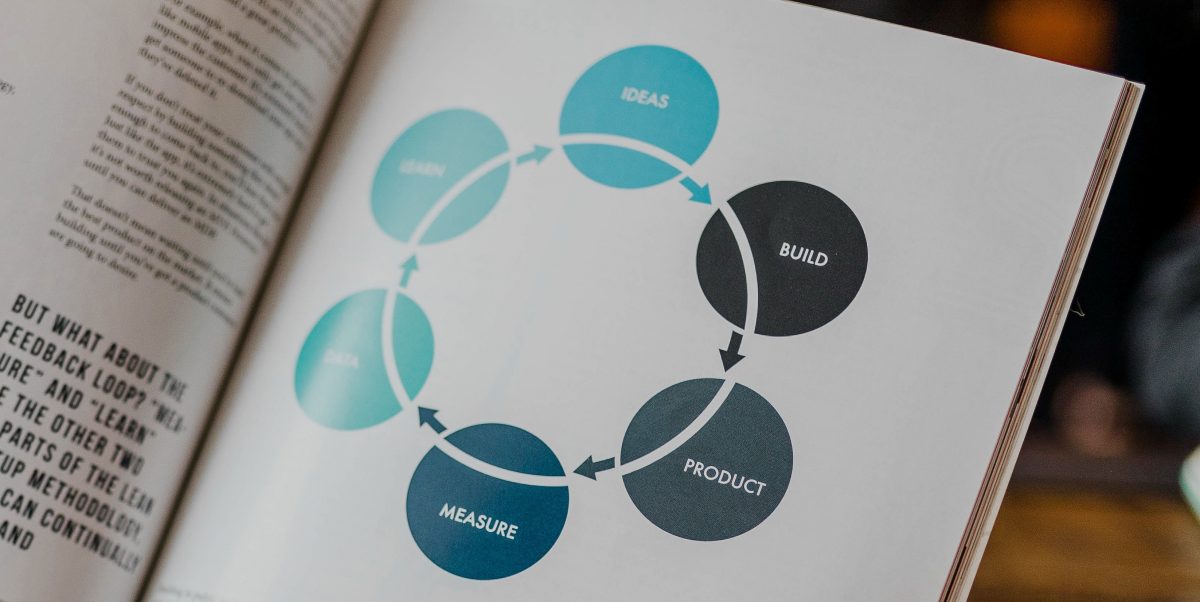Let’s start off with an undeniable truth: there are plenty of times when app development can be very, very challenging indeed. The industry is constantly changing and evolving, new technologies and innovations mean app developers must continually be on our toes and ahead of the curve, and there’s also the ever-present reality unexpected surprises, last minute changes, and all those factors which generally making things that little bit more difficult.
Despite this, when things are going well, app development can be an absolute breeze. There are those wonderful moments when everything just seems to slot into place, communication between the developer and the client is flowing, and the app itself is created with hardly any issues whatsoever. The big question we’re all left facing is, then, how do we ensure that our app development experiences involve more situations like the latter, and less like the former? We’d love to say that was just one catch-all formula to follow, but that would make life far too easy! Instead, let’s take a closer look at some of the most common and likely challenges you’ll come across when having an app development, and consider how to surmount each problem in turn.
Clarify Your Goals and Objectives
As a new brand, business, sole trader or individual, you want your app to best showcase whatever it is that you do. You know that it has to be user-friendly, attractive, and working to a high spec. However, is that enough to ensure that you get the app that you want?
One of the biggest challenges that app developers face from their clients is a lack of clarity regarding exactly what it is the app is for. Every business nowadays knows that they want an iPhone or mobile device app – it’s become almost the standard in the modern business landscape – but before even setting out on the app creation journey, you’re going to need a pretty clear map to guide everyone’s way to the destination.
Before you start the process of developing your app or having your app developed, think very carefully about exactly what it is for, who it is for, and the goals and aims you’d like it to achieve. Is your app to help boost sales? Is it to hype a particular product, event, or service? Is for entertainment purposes, or to help spread brand awareness? These are just the initial questions you’ll have to be asking yourself – and as you get further into the first stages of developing the app, you’ll have plenty more questions to answer along the way.
It might sound like a bit of a headache, but unless you and your developers are crystal clear from the very beginning what your app’s all about, you’re going to find that journey will end up being a lot longer and more complicated than initially expected!
Decide Who Will Be Developing Your App
It might sound like an obvious point, but all too many people looking to have an app developed start out by being unsure of who to reach out to in order to get the job done properly. There is no shortage of app developers out there in the wider world today – go onto any freelancing website, and you’ll find thousands of amateurs and home professionals clamoring for your attention.
What’s more, type ‘app developers’ into your search engine, and you’ll be faced with a plethora of professional app development studio websites, too. How to decide?
Obviously, there’s going to be a considerable difference in price between a lone freelance app developer working from his bedroom in Bangalore, and a professional app studio based in London. There will also be a huge number of options between these two extremes, too, but we’d advise you to choose carefully and consider a couple of points before jumping into a commitment.
The main thing you should always, always keep in mind is to request the app developer’s portfolio of similar projects to your own. A commendable and professional app developer should have a wide array of examples to show you of successfully completed apps and should have no problem whatsoever in passing over these details for your consideration. No portfolio = no contract. Plain and simple! It’s also important to be aware of the limitations of their services, what sort of technology they’re using, and whether they’ll be happy to update your app in the future if things need changing or modifying.
Don’t be afraid to ask the difficult questions, either; a quality developer should be able to answer everything with confidence and with examples to back up their points.
Let’s Clarify Budgets
As with any creative project, app development has a tendency to take a little longer than expected. A top-quality app company will always strive to get things done on time and within budget, but even then, last minute add-ons and changes can cause deadlines to be overrun, and budgets to be stretched.
If you have a strict budget for your app, be sure to very, very plainly put this across to your developer. This will allow them to calculate the limitations of the project, and also to understand how much time they can afford to spend on it, too. Be wary of app developers working on an hourly basis – professional app developers should quote you for the overall project, not for the time it takes to create the app!
Communication With The Development Team
It’s vital to have an open channel of communication with your development team. Your app is being created for you and your business or venture, and as such, your thoughts, ideas, and visions should be listened to and appreciated, and your input should be implemented whenever possible.
Occasionally, you’ll come across an app developer who has a very identifiable style and way of doing things, and they can be challenging to work with, especially if your vision differs greatly to their own. This is why it is so important, as previously mentioned, to take a good look at the developer’s portfolio prior to hiring them.
Before the project begins, know your points of contact with the development team, and be aware of who is responsible for which part of the project. Feel free to express your ideas, hopes, and wishes for your app, but also understand that some of your aspirations may not be possible due to technological limitations or budget requirements.
Deadlines, Deadlines, Deadlines
Have a clear deadline in mind for when your app needs to be completed? Do you have to have your app ready for a business launch, an event, or a specific date? If so, make sure that your developer is completely aware of it, and regularly check in to ensure that milestones are being met, and everything is on schedule!
App development can take real time, and all too often, app developers hear from clients at the last minute, requesting complex applications which simply cannot be done to a high standard in a short timeframe. You can avoid a massive range of problems and potential pitfalls simply by ensuring you give plenty of notice of your deadlines and allow for lots of time in which issues can be resolved, and finishing touches can be made. A good app developer will always show you a timeline of events and will let you know when milestones have been reached.
Allow Time for Initial Tests and Corrections
Another common mistake made when developing apps is a simple one to amend, but one which plenty of clients simply overlook: allowing plenty of time to run initial tests, and implement corrections. It’s by no means unusual for the first version of an app to have a couple of glitches, alignment issues, or problems running on multiple platforms – in fact, these errors are almost essential, in order to ensure new drafts can be made which run flawlessly. Make sure that you leave time before the launch in which you can carefully have the app tested, and any errors ironed out!
Get To Know the App Store
The App Store can be the greatest friend of an app developer, and also the worst enemy. Constantly being updated, always seeming to change its terms and conditions, and actually sometimes quite difficult to get listed on, it forces app developers to jump through a whole load of hoops before seeing your app get pride of place on its pages.
On the one hand, the stringency of the App Store’s rules is no bad thing: they ensure overall quality is kept high, copycat apps don’t overtake the real deal, and quality apps get a chance to shine. However, fall foul of their rules and regulations, and your app will be kicked off the app store faster than you can say ‘flappy bird rip-off’. It means your audience will really struggle to get hold of your work.
Make sure you know what you’re up against, and instruct your app developer to avoid the typical pitfalls associated with missing out on App Store listing. This way, and by paying attention to the other points above, you’ll be onto a winner.




